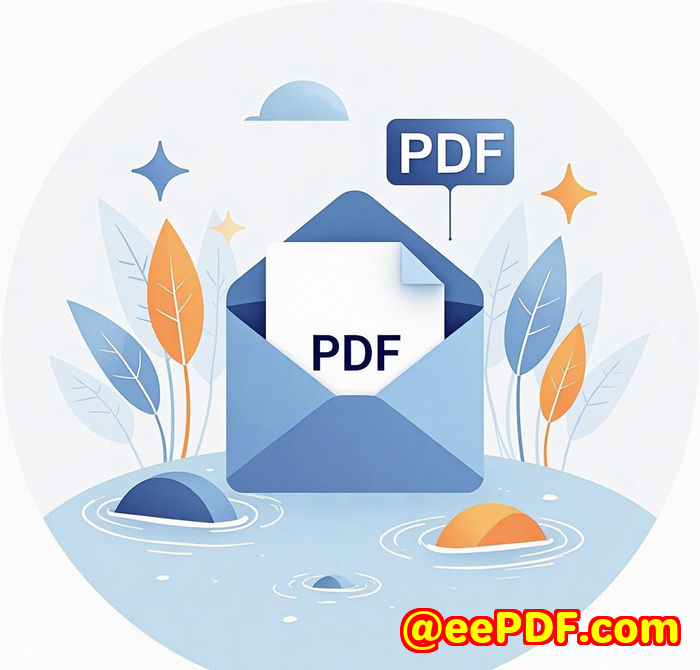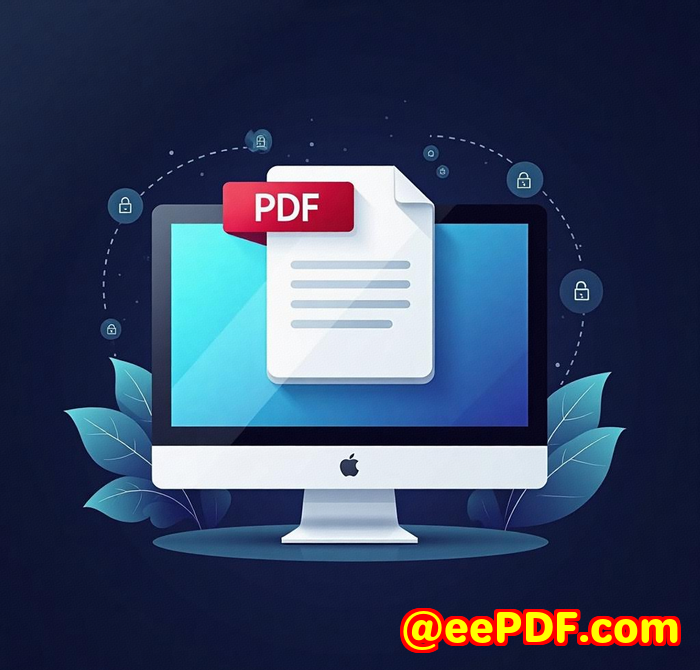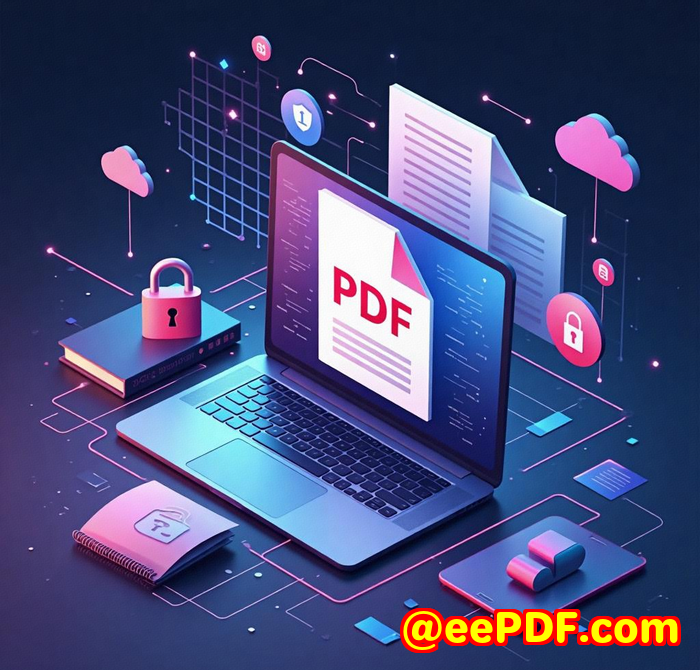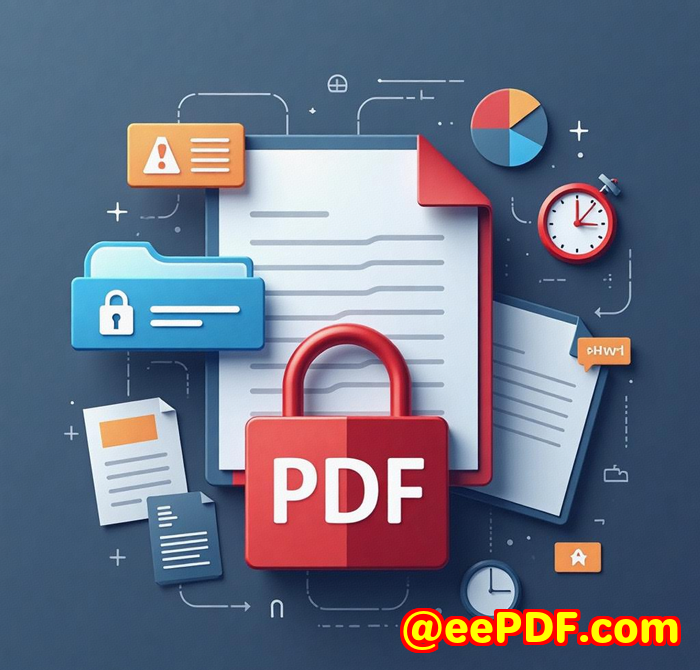VeryPDF vs SelectPDF A Side-by-Side Comparison of Pricing, API Limits, and Features
VeryPDF vs SelectPDF: A Side-by-Side Comparison of Pricing, API Limits, and Features
Every time I've tried to automate HTML to PDF conversions for my projects, I've hit the same roadblocks slow processing, clunky integration, or hidden costs sneaking up after I signed up. If you're a developer or business owner juggling web content conversions, you probably know exactly what I mean.

For the longest time, I bounced between tools hoping to find one that nailed speed, reliability, and flexibility without costing a fortune. That's when I discovered VeryPDF Webpage to PDF Converter API for Developers. After testing it alongside popular players like SelectPDF, I thought it'd be worth sharing what I found especially on how they compare on pricing, API limits, and key features.
If you've ever wondered which HTML to PDF API is actually worth your time and money, stick around.
Why VeryPDF Webpage to PDF Converter API Stood Out
VeryPDF's tool is built to convert HTML to PDF lightning-fast we're talking under two seconds for a full document. The first thing that caught my attention was its advanced browser-based rendering engine, which is essentially Google Chrome under the hood. That means it supports the latest web technologies and CSS features without hiccups. No more dealing with outdated rendering libraries that mess up your layouts or ignore modern CSS grids.
I'm not a fan of tools that force you to jump through hoops to get started. VeryPDF's RESTful API is dead simple to integrate, regardless of your programming language. I was able to plug it into my projects using Python and PHP in no time.
The API also supports custom paper sizes, headers, footers, and even advanced PDF security options like 128-bit encryption. For projects that require HIPAA compliance or secure document workflows, this is a serious plus.
Comparing Pricing and API Limits
Here's the honest part pricing and API limits often make or break an API for me.
With SelectPDF, the pricing is straightforward but can get pricey if your usage scales quickly. Their free tier is generous but caps monthly conversions pretty low. Also, their overage charges can surprise you if you don't monitor usage closely.
VeryPDF offers a competitive pricing model that balances monthly allowances with flexible overage rates. What I liked is that their API doesn't throttle or cut off once you hit the limit it just bills you for extra conversions, so you're never stuck mid-project.
On top of that, VeryPDF lets you cancel or upgrade anytime, straight from the dashboard no painful contract negotiations or long-term commitments.
Features that Make a Real Difference
When testing these tools, here's what really mattered in my workflow:
-
Rendering Quality: VeryPDF nails full CSS support including custom fonts, flexbox, grid layouts, and responsive design. This meant my PDF outputs looked exactly like the original web pages, even with complex designs.
-
Speed & Scalability: The ability to generate thousands of documents with minimal delay was crucial. VeryPDF's webhook system and parallel conversion features handled high volume jobs smoothly without lag or errors.
-
Security & Privacy: Handling sensitive data means I need peace of mind. VeryPDF's HIPAA compliance and default no-storage policy reassured me that my data wasn't hanging around unnecessarily.
-
Versatile Output Options: Apart from PDF conversion, VeryPDF can generate screenshots and Open Graph images for social media sharing. I found this handy for automating blog banners and marketing content without switching between tools.
SelectPDF offers many similar features, but I found their document rendering less reliable on complex layouts, and their speed lagged during batch conversions.
How I Used VeryPDF in Real Scenarios
One project involved generating invoices dynamically from a custom CMS. The invoices had to mirror the client's website style precisely, including logos, tables, and footers. VeryPDF made it seamless I just sent the raw HTML, set custom paper size and header/footer options, and got flawless PDFs in seconds.
For another use case, I needed to automate social media previews for blog posts. Using VeryPDF's Open Graph image generation feature, I created custom templates with variable parameters. This let me push fresh, branded banners to Facebook and Twitter without manual work.
Also, the integration process was smooth across different platforms whether in Node.js, Python, or PHP which saved me hours compared to fiddling with other APIs.
Summary: Why VeryPDF Wins for Developers
If you're like me and need a reliable, fast, and secure HTML to PDF API that won't break the bank, VeryPDF Webpage to PDF Converter API for Developers is a clear winner.
It handles everything from simple page conversions to advanced, high-volume workflows without compromising quality or security. Plus, the flexible pricing and friendly API design make it a pleasure to work with.
I'd highly recommend this API to developers, content managers, and businesses looking to automate document workflows or generate dynamic PDFs from web content.
Ready to see it for yourself? Start your free trial now and boost your productivity with VeryPDF: https://www.verypdf.com/online/webpage-to-pdf-converter-cloud-api/try-and-buy.html
Custom Development Services by VeryPDF
VeryPDF doesn't just stop at off-the-shelf APIs. They also offer tailored development services to fit your specific technical needs, whether you're working on Linux, macOS, Windows, or cloud servers.
Their expertise spans a wide array of technologies Python, PHP, C/C++, Windows API, iOS, Android, JavaScript, .NET, and HTML5. This means if you need a custom virtual printer driver, document form generator, or a tool to intercept and save print jobs in various formats, VeryPDF can build it.
They also specialise in document format analysis, OCR, barcode recognition, digital signatures, DRM, and more. For complex projects requiring precise PDF processing, encryption, or cloud-based document management, VeryPDF's custom solutions are hard to beat.
Reach out to VeryPDF's support center at http://support.verypdf.com/ to discuss your project and see how they can help.
Frequently Asked Questions
Q: Do unused conversions roll over to the next month?
A: No, monthly conversions reset each billing cycle. Any unused conversions expire at the end of the month.
Q: Can I schedule batch HTML to PDF conversions?
A: Yes, batch conversions are supported, but make sure to manage concurrency based on your plan limits.
Q: What happens if I exceed my usage limit?
A: Additional conversions continue as overages and are billed separately according to your plan's overage rates.
Q: Is my data stored after conversion?
A: By default, no. You can enable optional storage for up to one month if needed.
Q: Can I cancel or upgrade my plan anytime?
A: Absolutely. Plans can be changed or cancelled at any time via the dashboard.
Tags / Keywords
-
HTML to PDF API
-
Webpage to PDF conversion
-
PDF automation for developers
-
VeryPDF API vs SelectPDF
-
Secure document conversion API
If automating HTML to PDF conversions is on your to-do list, comparing APIs can be a headache. But trust me, after spending weeks testing VeryPDF's API alongside others like SelectPDF, it's clear which one delivers the speed, security, and features you really need without hidden surprises.
Give it a try and see how much easier your document workflows can be.



